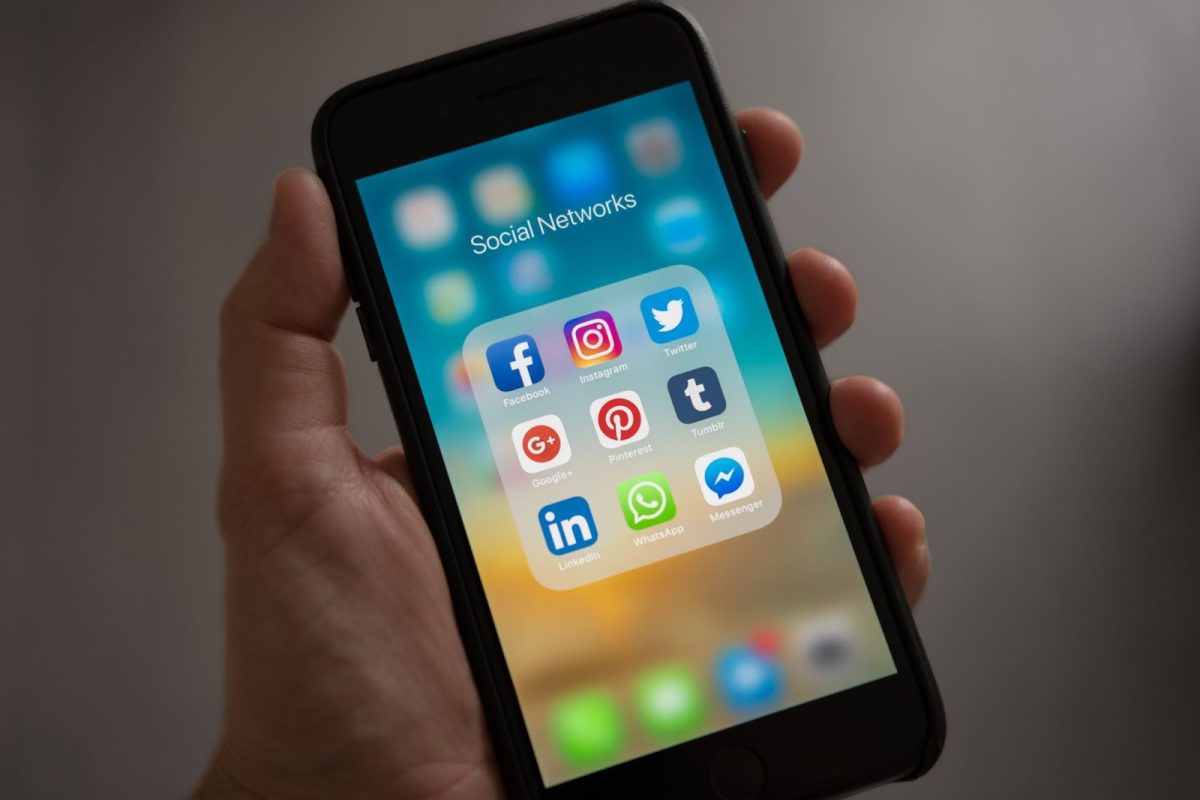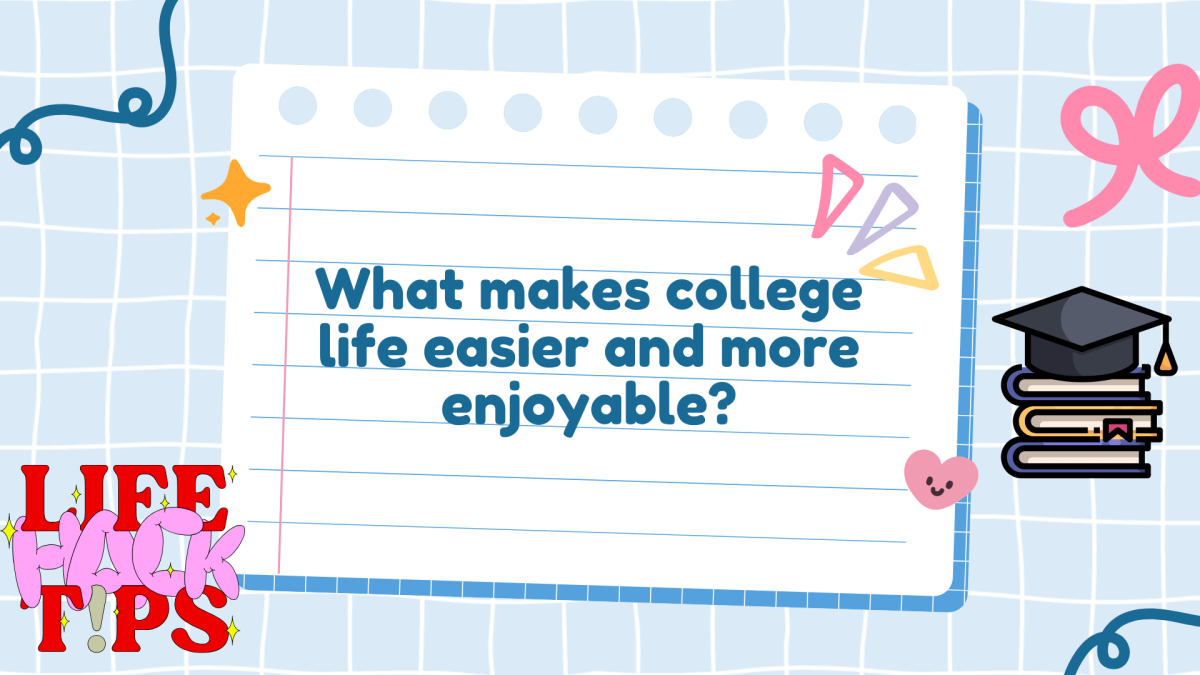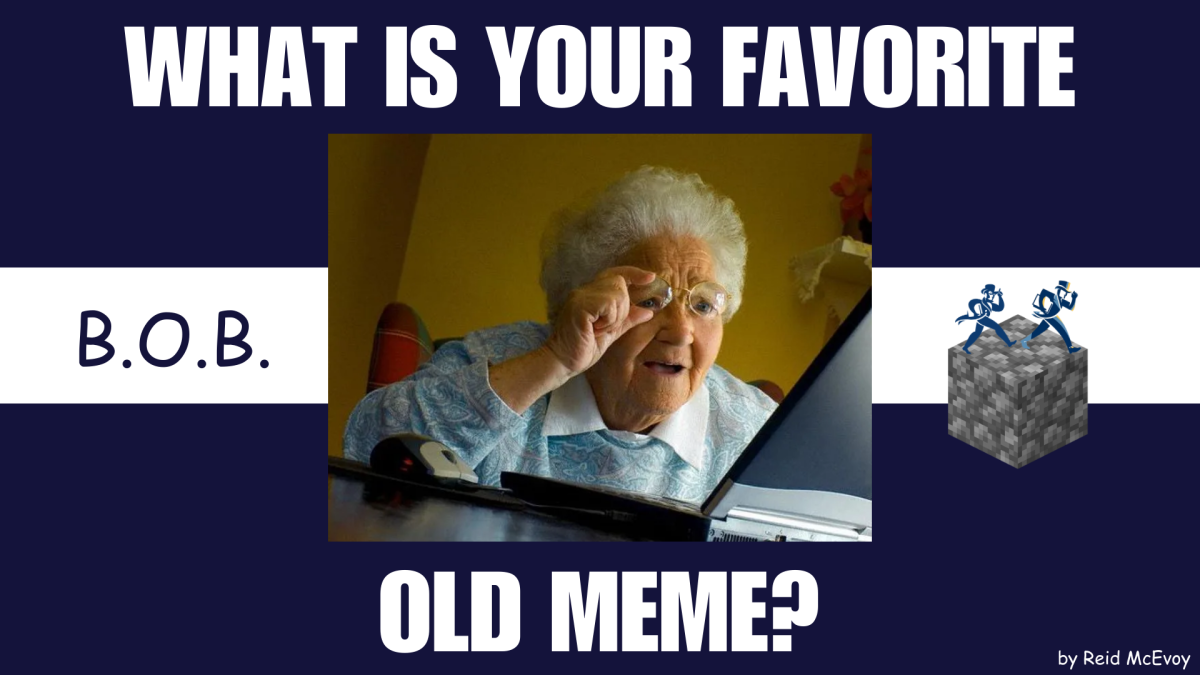98% of college-aged students use social media. While this form of media has multiple positive attributes, increased use over recent years have revealed a destructiveness that can seep out from the screen and into the brain.
Social media has the amazing ability to keep people connected all over the world. Whether it’s by staying in touch with distant friends or family members, keeping up with current events and national/global news or following channels that provide information about personal interests and hobbies, social media platforms can be a beneficial tool in people’s lives.
But too much of a good thing can be an unhealthy practice.
Lindsey Ibanez, assistant professor of sociology and anthropology as well as the assistant director of the Center for Undergraduate Scholarly and Creative Projects, is vastly familiar with research pertaining to the link between excessive social media consumption and how the brain responds to it.
“Any type of rewarding activity is going to give off ‘feel good’ chemicals [dopamine],” Ibanez said. “So the more you engage with the content, the more spikes in these brain chemicals you receive.”
Ibanez explains that this is where the addictiveness of social media comes from. Being able to constantly refresh your feed enables infinite scrolling. People who work for these companies are dedicated to finding ways to keep you engaged in these applications for longer and continually causing your brain to release dopamine.
The repercussions of this addictive nature is the effect that it can have on your daily life.
Ashley Heavner, a sophomore mass media and business major, shared how the social media platform Snapchat was getting in the way of important aspects of her life.
“I found myself invested on my phone all the time,” Heavner said. “Snapchat was getting in the way of some of the things I wanted to prioritize in my life.”
Heavner has since deleted her Snapchat account and feels refreshed. Her workouts, school work and relationship with God have all been able to increase in priority as well. Heavner also exclaims that she has a better understanding of who her real friends are because those people continued to reach out to her after she left the app.
Studying is a crucial piece of a student’s life and is something that can be negatively affected by excessive social media use. One familiar sound has the ability to redirect a studious mind.
Ibanez recommends that social media notifications be turned off, especially during study time. Hearing that ding or seeing the buzz of the screen leads to constant checking of phones.
“This distraction can take you away from the task at hand,” Ibanez said. “Even after you put the phone back down it still takes time to refocus. That is why it sometimes takes students a long time to complete their homework, not because it takes that long, but because of the constant distractions.”
The addictiveness of constant social media use is not the only consequence. Social media is essentially a “highlight reel” of people’s lives and does not tell someone’s whole story. Due to humans being inherently social beings, comparing one’s life to others comes naturally. This can cause a person to experience jealousy, fear of missing out (FOMO), sadness and other mental health detriments.
“I remember seeing some of my friends post that they were together and being crushed that I didn’t get an invite,” Heavner said. “I’ve also found myself comparing my life to others, wishing that I could travel, go to D1 football games and have the perfect body.”
Heavner believes that social media is a factor in this generation’s struggle with mental health. Additionally, Ibanez is aware that while correlation doesn’t always mean causation, the increase in depression and anxiety along with the increase in social media use is a statistic that should not be ignored.
A solution Ibanez suggests to combat an unhealthy relationship with social media is digital minimalism.
“I read a really interesting book called digital minimalism,” Ibanez said. “It states that you should take a 30 day detox from social media and see how you feel. Then slowly start to implement social media back into your life and see how it makes you feel each day.”
Social media is not inherently good or bad. A healthy amount of consumption can improve the quality of life. However, scrolling for hours at a time or constantly checking for a notification can lead people down a slippery slope.
Edited by Ciera Haner and LeSha’ Davis









